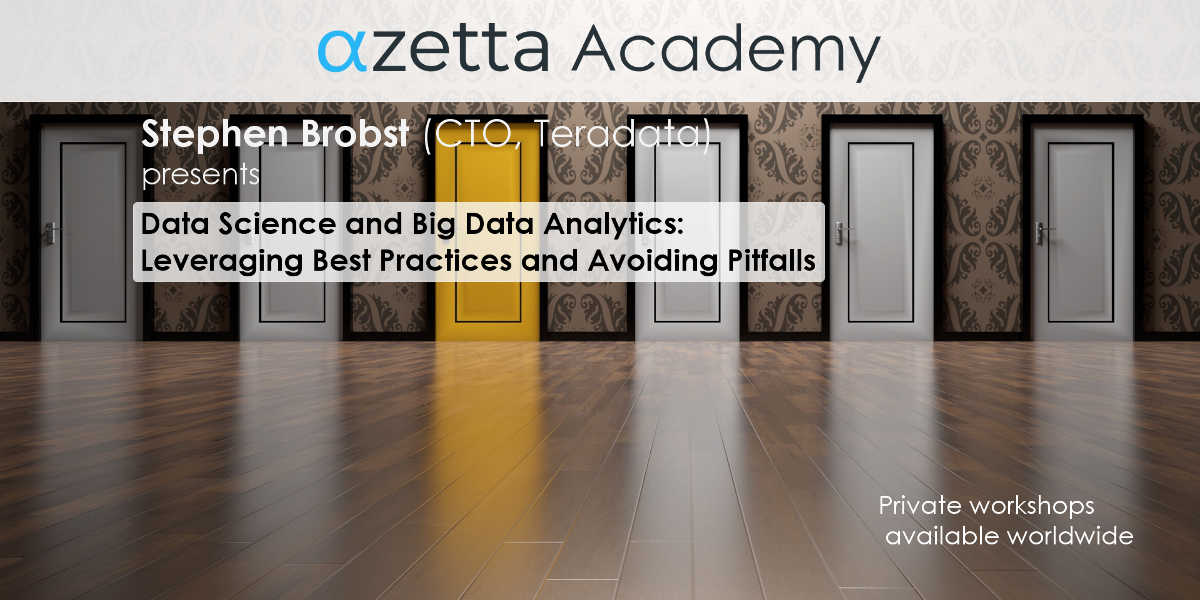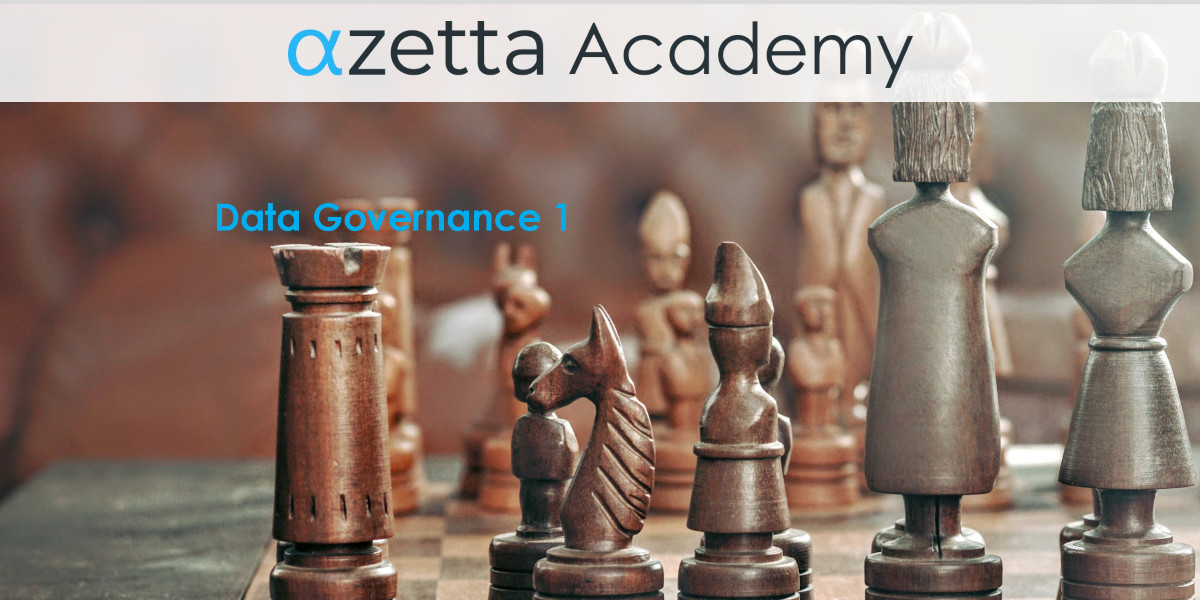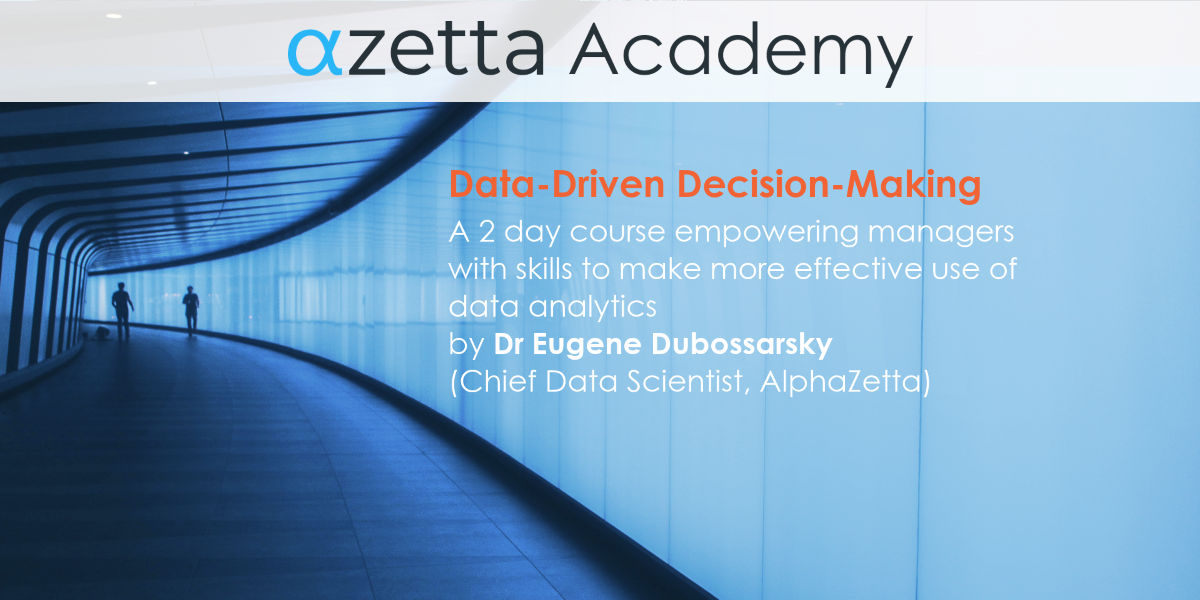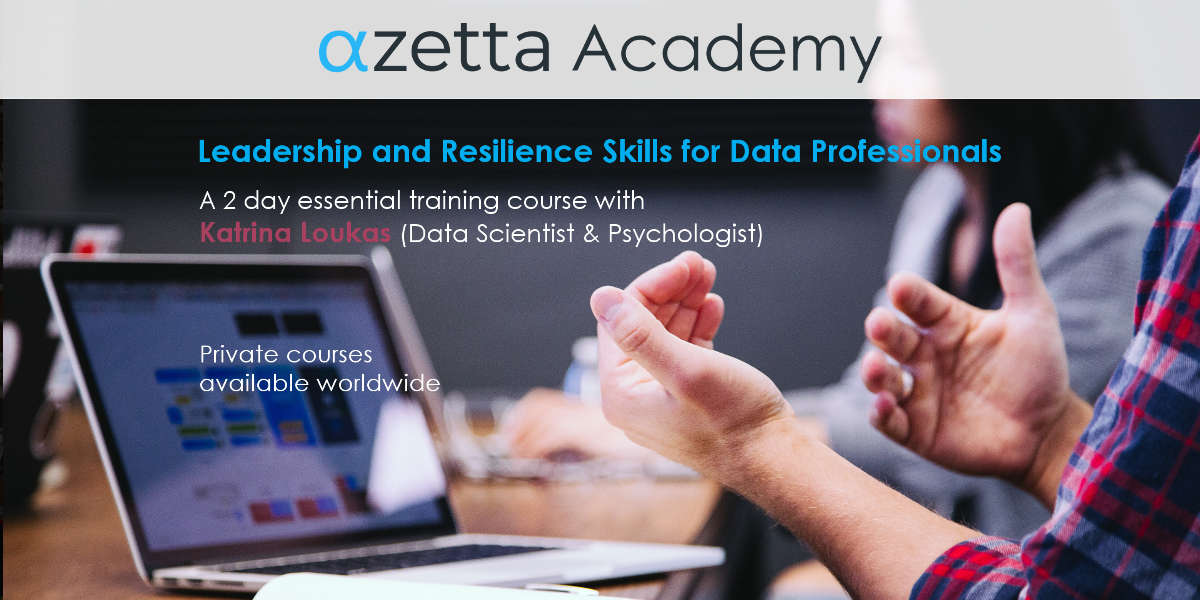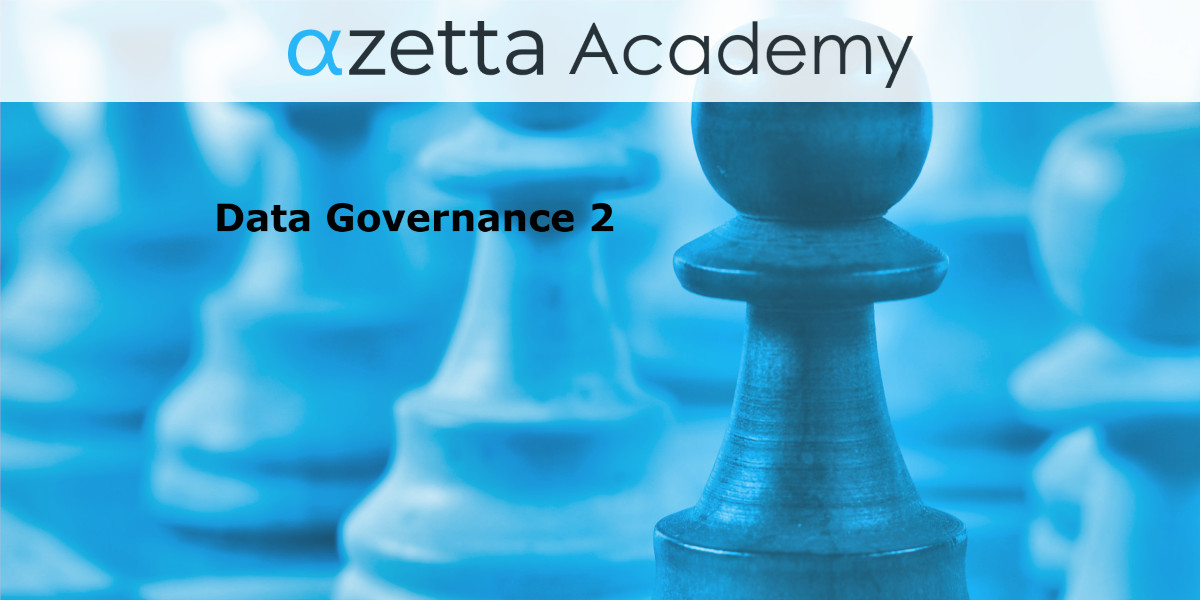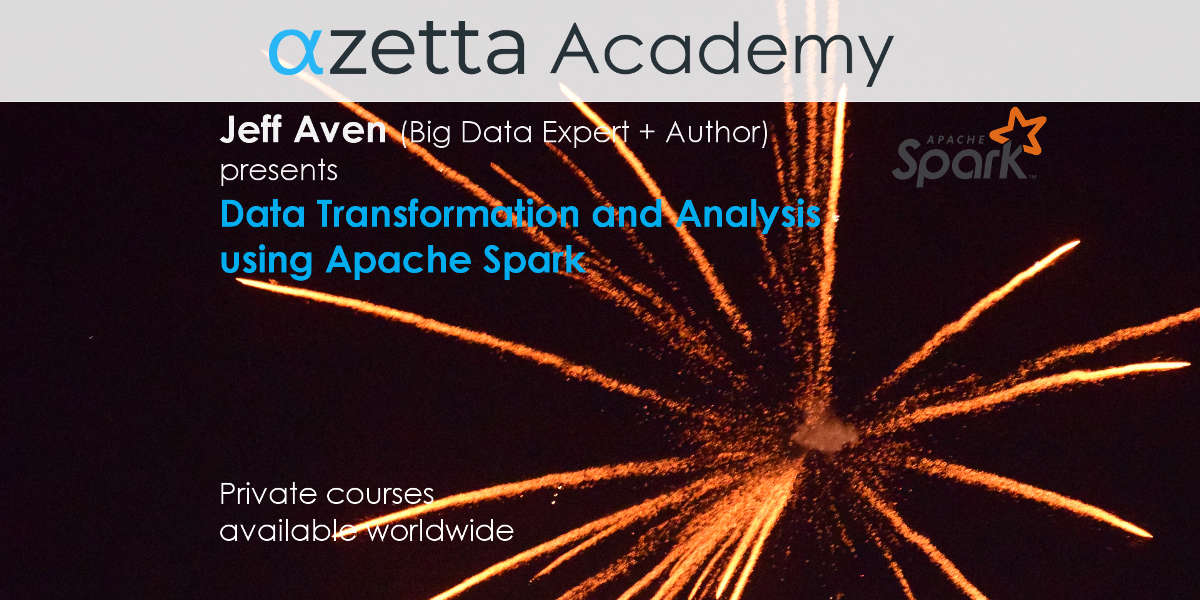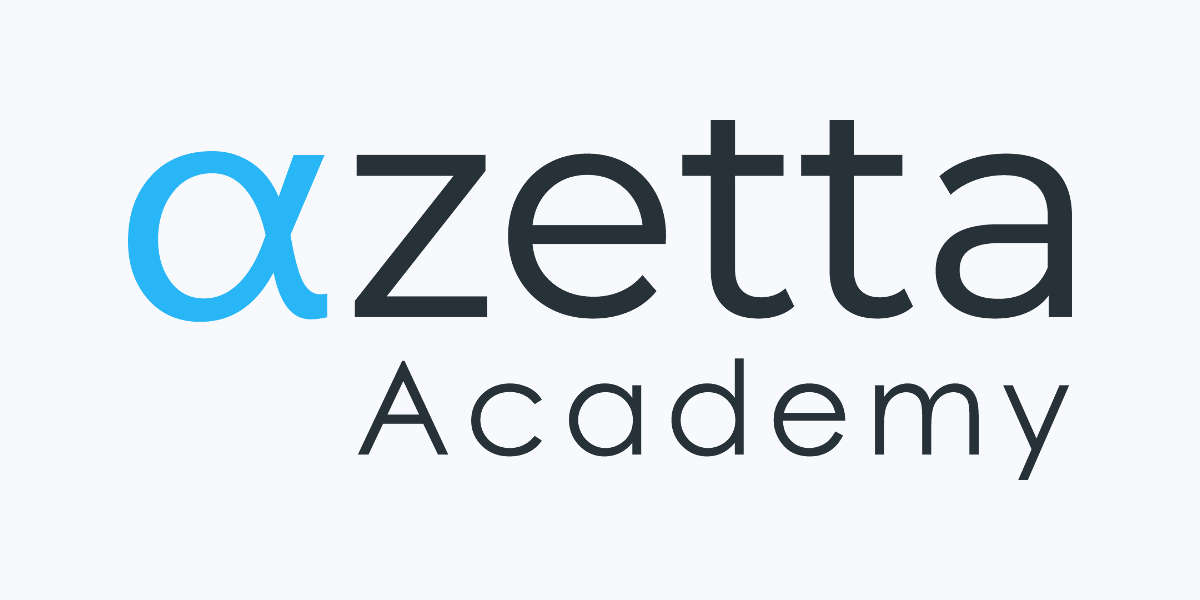Data Science and Big Data Analytics: Leveraging Best Practices and Avoiding Pitfalls
Data science is the key to business success in the information economy. This workshop will teach you about best practices in deploying a data science capability for your organisation. Technology is the easy part; the hard part is creating the right organisational and delivery framework in which data science can be successful in your organisation. We will discuss the necessary skill sets for a successful data scientist and the environment that will allow them to thrive. We will draw a strong distinction between “Data R&D” and “Data Product” capabilities within an enterprise and speak to the different skill sets, governance, and technologies needed across these areas. We will also explore the use of open data sets and open source software tools to enable best results from data science in large organisations. Advanced data visualisation will be described as a critical component of a big data analytics deployment strategy. We will also talk about the many pitfalls and how to avoid them.

